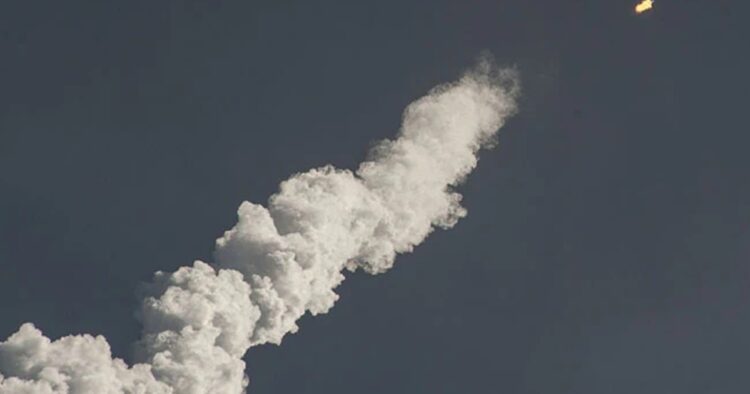The Pentagon announced that US forces in the Red Sea have carried out five strikes to defend against potential attacks from areas of Yemen controlled by the Houthi rebels. These strikes aimed to prevent attacks by land and sea and were conducted at specific times to thwart imminent threats to shipping in the region. The US military, along with its allies, has been taking action against the Houthis to stop their repeated attacks on shipping lanes in the Red Sea.
According to the US Central Command, these strikes targeted various threats, including the first observed use of an unmanned underwater vessel (UUV) by the Houthis since attacks began in October. Additionally, one of the strikes involved an unmanned surface vessel (USV), which is a floating drone, a relatively uncommon occurrence. The other three strikes targeted anti-ship cruise missiles, which posed a significant threat to US Navy ships and merchant vessels in the region.
The decision to conduct these strikes was based on the identification of the threats posed by the Houthi-controlled areas of Yemen. The Pentagon stated that these strikes were necessary to ensure the safety of international waters and to protect the interests of US Navy ships and merchant vessels operating in the region.
The conflict between the Houthis and US and British forces escalated following the Houthi attacks in November. The Houthis claimed they were targeting Israel-linked vessels in support of Palestinians in Gaza, amid the ongoing Israel-Hamas war. In response, US and British forces launched strikes against the Houthis. The Houthis retaliated by declaring the interests of both countries as legitimate targets.
The attacks in the Red Sea have had significant repercussions on global maritime trade, leading to increased insurance premiums for shipping companies. Many companies have opted to avoid the Red Sea altogether, impacting a vital route responsible for approximately 12% of global maritime trade. The situation underscores the broader implications of the conflict on international trade and maritime security.

















Comments